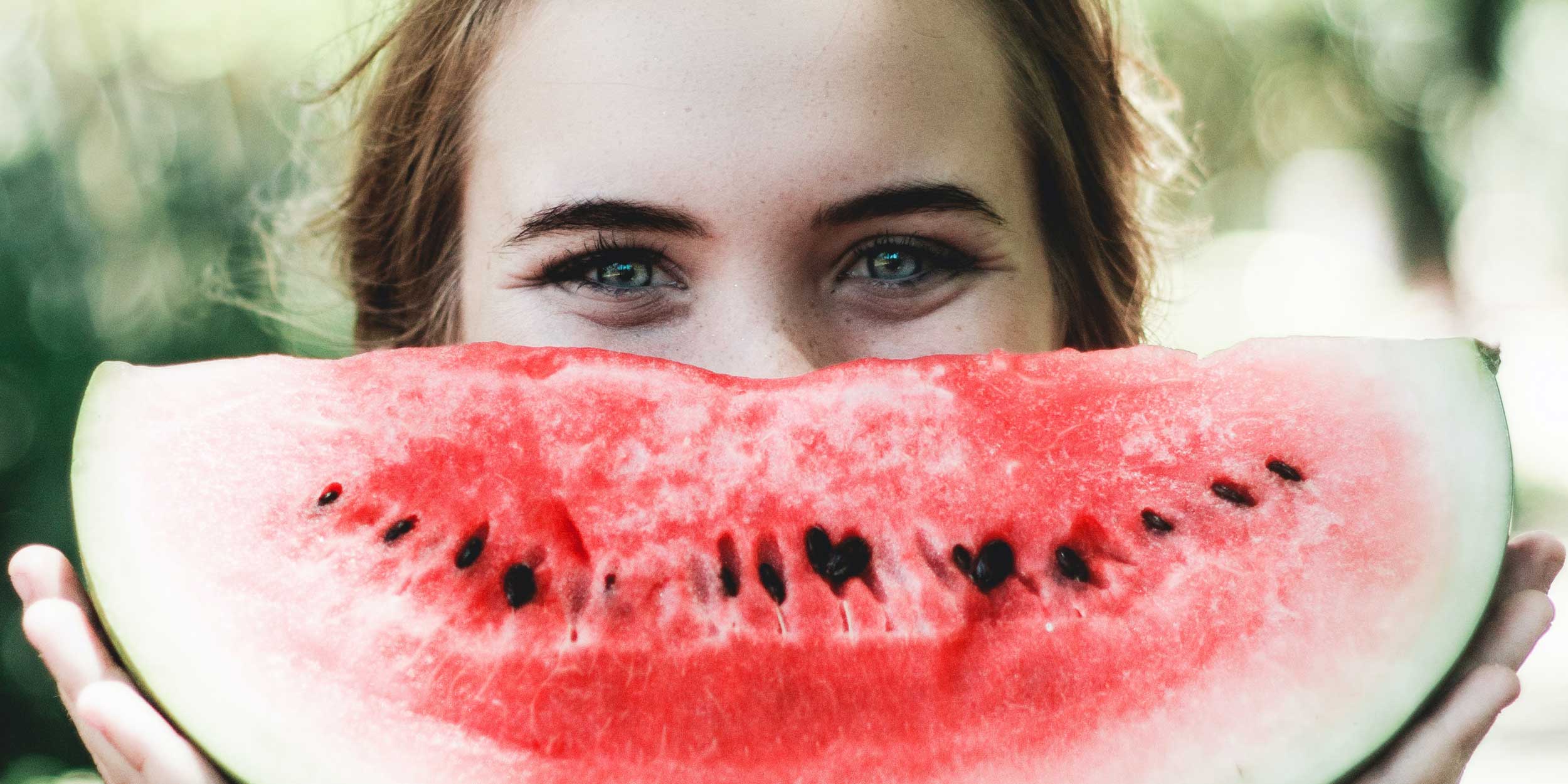Is a vegan diet really healthy?
WellbeingArticleJanuary 10, 20245 min read
Veganism has become mainstream. Many people convert for ethical or environmental concerns. But increasingly, there is a belief that a vegan diet also offers a healthier lifestyle. Is this correct?
For a long time, vegans were treated like a hippie niche interest group. They were parodied in TV shows like The Simpsons, where Lisa encounters a “level five vegan” called Jesse Grass who refuses to eat anything that casts a shadow and walks about with decomposing “pocket mulch.”
More than 20 years on from that episode, and veganism has become mainstream. Vegan food options have increased significantly in supermarkets, restaurants and other food outlets. There’s no longer a need to hunt down a peacenik vegan café in a bohemian part of town. Veganism is everywhere.
Numbers vary, but U.S. studies have found that as many as 4 percent of Americans identify as vegan – although some studies put that figure lower at only 1 percent. In the UK, a recent survey found that 4.7 percent of adults are vegan Whatever the numbers, it’s clear that veganism and plant-based diets are growing in popularity, particularly among women and younger demographics.
The reasons for adopting a vegan diet vary. Many avoid using or eating products derived or tested on animals due to ethical concerns; others worry about the impact of animal agriculture on climate change and biodiversity loss. But many – about 17 percent – are attracted by the perceived health benefits of a vegan diet.
A vegan diet is essentially a plant-based diet that avoids all animal foods, including meat, fish, shellfish and insects, but also dairy, eggs and honey.
A vegan diet can be healthy as it is typically higher in fiber and lower in cholesterol than an omnivorous diet. As a result, some studies find a vegan diet lowers the risk of heart disease and premature death, helps manage Type 2 diabetes and reduces the risk of cancer.
Is a vegan diet nutritious?
Some people worry that a vegan diet lacks certain nutrients. The absence of meat, dairy and eggs causes concern about protein and iron deficiency, for instance. However, Dr. Sally Phillips, Head of Zurich Medical Analytics at Zurich Australia, says there is little to be concerned about.
“A well-balanced, plant-based diet will provide adequate amounts of essential amino acids and not cause protein deficiency,” says Phillips. “For instance, soybeans are a good source of protein with soymilk having roughly the same amount of protein as cow’s milk. And many plant-based foods are rich in iron, including kidney beans, soybeans, spinach, raisins, cashews and oatmeal.”
One deficiency vegans must manage is a lack of vitamin B12, which is naturally found in meat, fish, eggs and dairy, but not in fruit or vegetables. It plays an essential role in the production of red blood cells and the functioning of the nervous system, so Phillips recommends vegans obtain B12 from fortified foods or vitamin supplements.
Is veganism healthy?
A vegan diet is not necessarily a healthier lifestyle. Vegan food alternatives, such as butter and cheese, can be worse for your health than the non-vegan versions. There’s also been a rise in the availability of vegan junk food like sausage rolls, fried fish and much else. Even fast-food restaurants have vegan options. Burger King, for instance, offers the Vegan Royale and Plant-based Whopper, while at McDonald’s you can buy the McPlant burger or Veggie Dippers in many markets.
But some vegan diets do have a strong health ethos. One growing in popularity is the whole food plant-based diet that avoids processed and unhealthy vegan foods, such as coconut products that are high in saturated fat content.
“Vegan diets are potentially very healthy as they are high in fruit, vegetables and legumes, and are even better if you include nuts, wholegrains, beans and lentils, as well as chia, hemp and flax seeds,” says Phillips.
“This means it can be especially beneficial for those with obesity, Type 2 diabetes, high blood pressure, lipid disorders, or cardiovascular disease.”
As diet is a key element in helping prevent conditions occurring, Phillips recommends that anyone who decides to follow a vegan diet should see it as an opportunity to learn more about nutrition, including how to balance food groups, and the roles of fortified foods and supplementation.
But meat-eaters should not despair. You don’t have to be a vegan or vegetarian to eat healthily.
“A healthy omnivorous diet, such as the Mediterranean diet, which is high in fruit, vegetables, legumes and low in meat, can be at least as healthy as a vegan diet,” says Phillips. “But try to reduce the amount of red and processed meat in your diet.”
And for both vegans and meat-eaters. Cut back on the junk food. Best leave those unhealthy burgers to Homer Simpson!
It is always important to talk to your doctor or a health professional before embarking on any new exercise, health or dietary regime.



